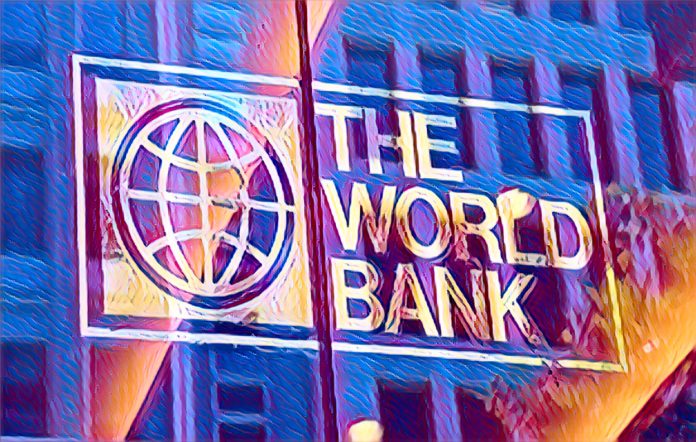KEY POINTS
- Two Nigerian firms and their CEO are proposed to be debarred for 30 months for fraudulent practices.
- Conflict of interest misrepresentation, document falsification and bribery were the violations.
- The World Bank’s stance shows its faith in fighting corruption.
The debarment of two Nigerian companies, Viva Atlantic Limited and Technology House Limited and their Managing Director and Chief Executive Officer Norman Bwuruk Didam, has been announced by the World Bank Group.
In this decision, the 30 month effective period follows findings of fraudulent, collusive, and corrupt practices concerning the National Social Safety Nets Project in Nigeria.
Violations uncovered
During a 2018 procurement process, the World Bank’s investigation which took place under its Anticorruption Framework identified a number of violations. The companies and their CEO were found guilty of:
– Misrepresentation of Conflicts of Interest:But bid submissions deliberately subverted standards of transparency by concealing conflicts of interest.
– Accessing Confidential Information: Firms got away with information about sensitive tenders from public officials to gain an unfair advantage.
– Document Falsification:During the procurement process, Viva Atlantic Limited has submitted falsified experience records and forged authorization letters.
– Bribery: Project officials were lured to distort those outcomes.
The implications of the debarment
According to the debarment agreements cross-debarred by the World Bank Group and other multilateral development banks, the 30-month bar includes debarment of the companies and Mr. Didam from participating in projects financed by those institutions.
In addition, the case shows the World Bank’s firm commitment to the integrity of its projects and its outspoken message about zero tolerance for corruption.
About the National Social Safety Nets Project
The National Social Safety Nets Project is a World Bank-supported initiative aimed at reducing poverty and vulnerability by providing financial support to Nigeria’s poorest households. Such projects suffer from corruption within them, which undermines their effectiveness, as well as depriving intended beneficiaries of important resources.
Next steps
The companies and their CEO will lose their eligibility for World Bank financed projects until they implement and document robust integrity compliance programmes that match international standards.



